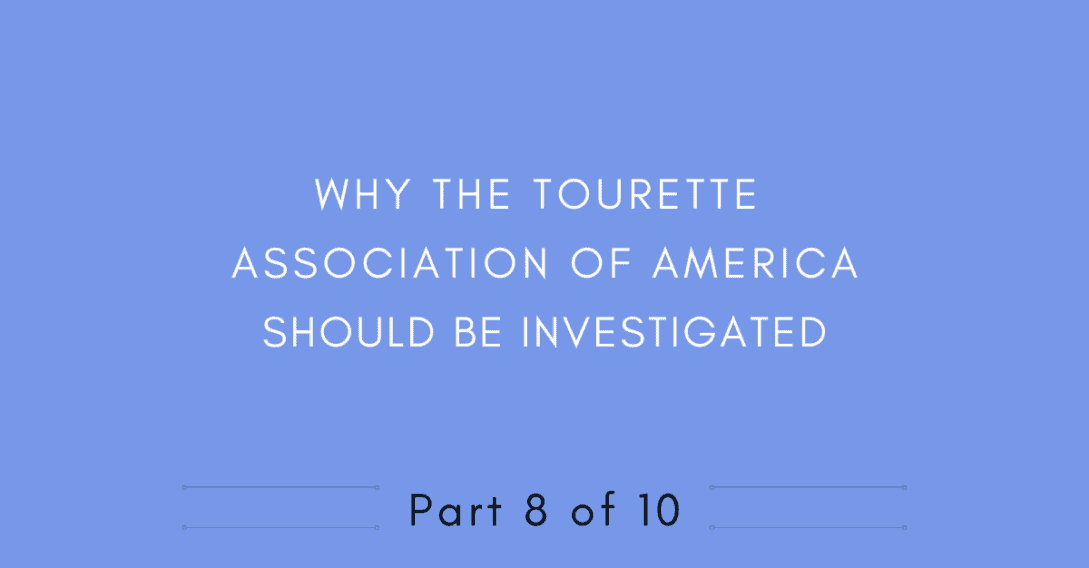Tics and Tourettes: Symptoms and Diagnosis
Tics are often mild and go away on their own, but when they persist, efforts should be made to learn what is causing them. A health professional may be needed to determine what type of tic disorder is present and to rule out medical conditions that can cause tics.
Symptoms of tics vary widely in severity, type, and area of the body affected. Please see our article on tic symptoms. Families can do a great deal on their own to investigate causes of tic symptoms. If you can identify triggers for the tics, you have helped determine the diagnosis. For example, many people report that exposure to certain allergens, toxic chemicals and/or foods aggravates tics. For those people, a classic diagnosis of a tic disorder is not very useful; they need to go beyond the label given in conventional medicine and explore the role of allergies and the immune system in the condition.
Currently, tics that are not due to medications or other medical conditions are categorized as one of three types 1) Tourette syndrome; 2) a persistent (chronic) motor or vocal tic disorder; and 3) a provisional tic disorder. Our article on diagnosing tic disorders explains the criteria for each of these.
ACN Latitudes urges families to explore the causes and possible triggers of symptoms rather than simply accept a diagnosis or label for the tics. We are the lead organization investigating and promoting the role of the environment in tic disorders.




.
Related articles are shown below. If you don’t find what you’re looking for, you can search using the box at the upper right of the page or browse our forums.
Sheila Rogers DeMare, Director Association for Comprehensive NeuroTherapy The TAA/TSA has failed to alert the public and medical community that environmental triggers can worsen Tourette syndrome symptoms. Their negligence is indefensible. Triggers are factors that […]
Muscle tics are often mild and short-lived, but if they persist, they should not be ignored. “Something” is causing the central nervous system reaction and it is important to explore the cause and consult a […]
This article is adapted from our organization’s book Natural Treatments for Tics and Tourettes: A Patient and Family Guide, by Sheila Rogers, MS. It is the definitive source on treating tic disorders without drugs. Patterns […]
The American Psychiatric Association’s Diagnostic and Statistical Manual of Mental Disorders, Fifth Edition (DSM-5) is used by health professionals to help diagnose tic disorders. Tics are sudden twitches, movements, or sounds that people do repeatedly. People who […]
Tics are common symptoms that occur on a continuum: They can be a minor temporary nuisance or chronic, severe and debilitating. ACN Latitudes recommends consultation with a neurologist or other qualified physician for a definitive […]
UPDATED: Winter holidays should be a source of joy, but between the treats, allergens, and new electronics, many experience just the opposite. Allergens in the home can include fresh and artificial trees, scented candles and air […]
An advisory board member, Dr. Robbins answered this question received from a reader: “My son is almost 8 years old. He had a terrible fever and flu-like symptoms for a week and a half with […]
The causes of tics go way beyond genetics. Learn what you can do to relieve them. Many people with Tourette syndrome report that there are foods, other items, or situations that make their tics worse. […]












